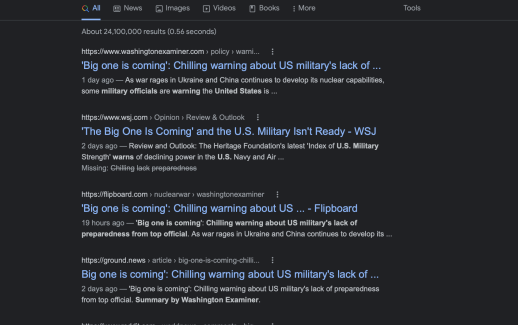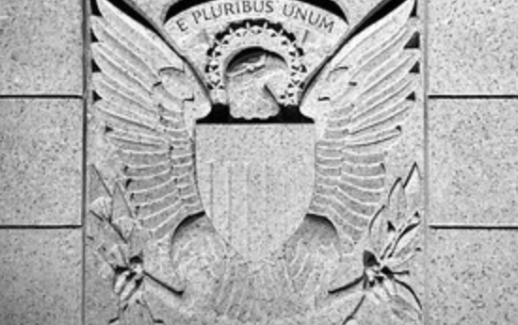As with Dr. Frankenstein’s ill-considered electrification of a dead person in Shelley’s classic, President Vladimir Putin three years into his reign sought to raise Yuri Andropov’s foreign and domestic policies from the dead to help him rebuild the USSR that Andropov’s decision-making on Soviet intervention in Afghanistan hastened toward collapse. And now there’s Ukraine.
Other hardliner parallels with former KGB Chairman and President Andropov emerged over time. In September 1983, under President Andropov, Soviet air force pilots shot down South Korean airliner, KAL-007 claiming it had strayed into Soviet airspace. Soon after, the Soviets “broke off negotiations concerning reductions in Intermediate Range Nuclear Forces and the Strategic Arms Reduction Talks (START)”.
Under President Putin, flight MH-17 was shot down over Russia-controlled Ukraine in March 2014 after which an announcement of a western investigation including Ukraine and a Summer 2014 U.S. report of Russian Intermediate Nuclear Forces Treaty (INF) violations prompted Moscow’s November 2014 announcement that it would skip a 2016 nuclear security summit with the United States. Since then, nuclear treaty cooperation and adherence has been unravelling.
President Xi Jinping, having bet China’s investment on President Vladimir Putin’s partnership “without limits,” if viewing his decision through the above parallels with the USSR-crumbling advice and decision-making of Putin’s dead mentor Yuri Andropov, should solemnly rethink China’s course.
Rather than a multipolar multiplier, China’s Russia investment increasing looks like a unipolar investment in one of the world’s most historic Albatross-cost spirals, Russia’s war of aggression against Ukraine. From the U.K. Ministry of Defence, posted on X (Twitter):
These injured soldiers will almost certainly require lifelong healthcare.
Adding to overall risk, Putin is driving a new nuclear arms race with the West as he rattles the sabers of nuclear risk with each fading day his objectives are not met in Ukraine.
If not Xi Jinping himself, certainly those surrounding him see the Russian risk-sinkhole growing and deepening. If bailing North Korea out if the Kim Dynasty implodes worries Beijing, how much more so Russia if it collapses yet again with its massive, diverse, and increasingly restive subject populations?

